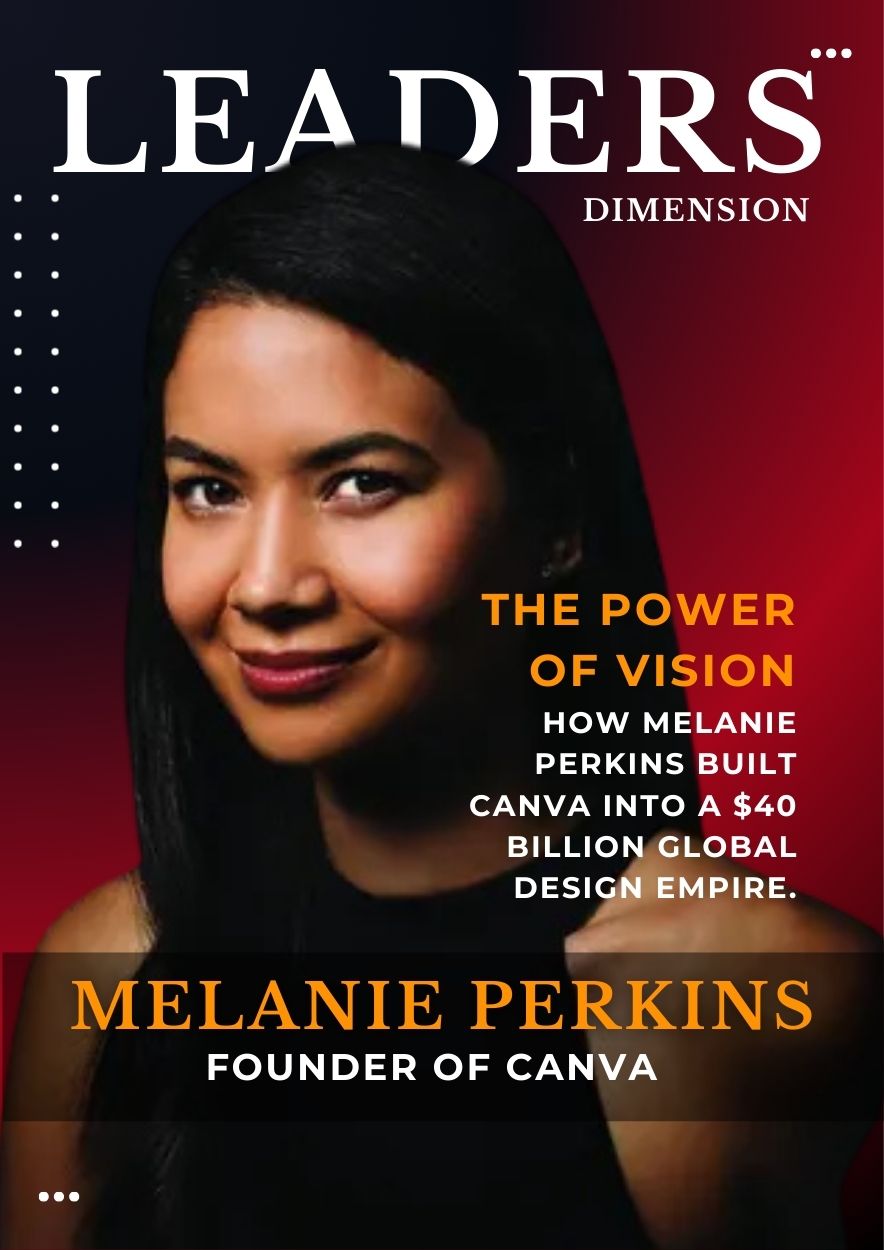25 Biggest Tech Companies by Market Cap in 2024
Explore the 25 biggest tech companies by market cap in 2024, including giants like Apple, Microsoft, and Alphabet. Discover how these tech titans shape innovation, lead in various sectors, and influence the global economy with their cutting-edge technologies and strategic visions.
1. Apple (USA) - $2.777 trillion
Apple Inc. remains the most valuable tech company globally, a position it has held for several years. Renowned for its innovation, Apple has revolutionized consumer electronics with its iPhones, iPads, Macs, and services like the App Store and Apple Music. Its consistent focus on user experience and ecosystem integration has fostered a loyal customer base, driving its substantial market cap
2. Microsoft (USA) - $2.382 trillion
Microsoft Corporation is a cornerstone of the tech industry, known for its Windows operating system, Office productivity suite, and Azure cloud computing platform. Under the leadership of Satya Nadella, Microsoft has expanded its cloud services, making significant inroads in enterprise solutions and AI technologies
3. Alphabet (Google) (USA) - $1.636 trillion
Alphabet Inc., the parent company of Google, is a dominant player in internet services and products. Google Search, YouTube, and Android are integral to its portfolio. Alphabet’s ventures into autonomous vehicles (Waymo), health tech (Verily), and other innovative projects underscore its diverse technological ambitions
4. Amazon (USA) - $1.385 trillion
Amazon.com Inc. is a behemoth in e-commerce, cloud computing (AWS), and digital streaming. Its customer-centric approach and relentless innovation have transformed it from an online bookstore into a multifaceted tech conglomerate. AWS remains a major profit driver, powering numerous websites and services globally
5. NVIDIA (USA) - $1.074 trillion
NVIDIA Corporation, known for its graphics processing units (GPUs), has become a critical player in the rise of AI and machine learning. Its GPUs are widely used in data centers, gaming, and professional visualization. NVIDIA’s acquisition of ARM Holdings has further solidified its position in the semiconductor industry
6. Meta Platforms (Facebook) (USA) - $754 billion
Meta Platforms Inc., formerly Facebook Inc., oversees a suite of social media platforms including Facebook, Instagram, and WhatsApp. The company’s pivot towards the metaverse reflects its long-term vision of immersive digital environments. Despite facing regulatory challenges, Meta remains a dominant force in social networking
7. Tesla (USA) - $715 billion
Tesla Inc., led by Elon Musk, has revolutionized the automotive industry with its electric vehicles (EVs). Tesla’s focus on sustainable energy extends to solar products and energy storage solutions. Its market cap reflects not just its automotive prowess but also its potential in energy innovation and autonomous driving technologies
8. TSMC (Taiwan) - $476 billion
Taiwan Semiconductor Manufacturing Company (TSMC) is the world’s largest contract chip manufacturer. It plays a crucial role in the global semiconductor supply chain, producing chips for companies like Apple, NVIDIA, and Qualcomm. TSMC’s advanced manufacturing processes keep it at the cutting edge of chip technology
9. Samsung Electronics (South Korea) - $341 billion
Samsung Electronics Co., Ltd. is a global leader in consumer electronics, semiconductors, and telecommunications equipment. Known for its Galaxy smartphones, Samsung also excels in memory chips, display technology, and home appliances, making it a versatile tech giant
10. Oracle (USA) - $313 billion
Oracle Corporation is a key player in enterprise software and cloud computing solutions. Its database software is widely used in corporate environments, and its cloud services compete with AWS and Azure. Oracle’s acquisition strategy has expanded its capabilities in various tech sectors
11. Broadcom (USA) - $344 billion
Broadcom Inc. specializes in semiconductor and infrastructure software solutions. Its products are integral to data centers, networking, and broadband. Broadcom’s mergers and acquisitions, such as the purchase of CA Technologies and Symantec’s enterprise security business, have diversified its portfolio
12. ASML (Netherlands) - $258 billion
ASML Holding NV is critical to the semiconductor industry, providing advanced lithography equipment used in chip manufacturing. Its extreme ultraviolet (EUV) lithography machines are essential for producing the latest generation of microchips, making ASML a key enabler of technological progress
13. Adobe (USA) - $235 billion
Adobe Inc. is a leader in creative software, known for products like Photoshop, Illustrator, and Acrobat. Its transition to a subscription-based model with Adobe Creative Cloud has been highly successful. Adobe’s software is widely used in creative industries, marketing, and document management
14. Cisco Systems (USA) - $216 billion
Cisco Systems Inc. is a global leader in networking hardware, telecommunications equipment, and cybersecurity solutions. Its products and services are critical to enterprise IT infrastructure. Cisco’s focus on network security and software-defined networking has positioned it well in the evolving tech landscape
15. Tencent (China) - $389 billion
Tencent Holdings Ltd. is a Chinese conglomerate with significant holdings in social media, gaming, and fintech. Its WeChat platform is ubiquitous in China, while its gaming division, which includes Riot Games (League of Legends), is a global powerhouse. Tencent’s investments span numerous tech sectors
16. Alibaba (China) - $228 billion
Alibaba Group Holding Ltd. is a major player in e-commerce, cloud computing, and digital payments. Its platforms, including Taobao and Tmall, dominate online retail in China. Alibaba Cloud is a leading cloud provider in Asia, and Alipay is a widely used digital payment service
17. SAP (Germany) - $170 billion
SAP SE is a leading provider of enterprise application software, known for its ERP (Enterprise Resource Planning) solutions. SAP’s software helps businesses manage operations and customer relations. Its focus on cloud services and AI integration is driving its growth in the enterprise sector
18. Salesforce (USA) - $200 billion
Salesforce Inc. is a leader in customer relationship management (CRM) software. Its cloud-based solutions enable businesses to manage sales, service, marketing, and more. Salesforce’s acquisitions, including Slack, have expanded its capabilities and integrated communication and collaboration tools into its ecosystem
19. IBM (USA) - $120 billion
International Business Machines Corporation (IBM) has a storied history in the tech industry. Today, IBM focuses on hybrid cloud and AI solutions. Its acquisition of Red Hat has bolstered its cloud offerings, and its AI platform Watson is used in various industries, from healthcare to finance
20. Intel (USA) - $168 billion
Intel Corporation is a leading semiconductor manufacturer, known for its microprocessors used in computers, servers, and embedded systems. Despite increased competition, Intel continues to innovate in chip technology and expand into areas like AI and autonomous driving through its Mobileye division
21. Qualcomm (USA) - $150 billion
Qualcomm Incorporated is renowned for its semiconductor and telecommunications products. Its Snapdragon processors are used in many smartphones, and its technology is essential for 5G networks. Qualcomm’s innovations in wireless communication drive its strong market position
22. Sony (Japan) - $120 billion
Sony Corporation is a diverse tech company with interests in electronics, gaming, entertainment, and financial services. Its PlayStation gaming consoles are highly popular, and its entertainment arm includes music, movies, and TV production. Sony’s sensor technology is also widely used in cameras and smartphones.
23. AMD (USA) - $200 billion
Advanced Micro Devices, Inc. (AMD) is a significant player in the semiconductor industry, known for its processors and graphics cards. AMD’s Ryzen CPUs and Radeon GPUs compete with Intel and NVIDIA products, respectively. AMD’s growth is driven by its performance in gaming, data centers, and computing.
24. Uber (USA) - $120 billion
Uber Technologies Inc. has transformed transportation with its ride-hailing platform. Uber continues to expand its services, including food delivery (Uber Eats) and freight logistics. Its investments in autonomous vehicles and electric transportation indicate its forward-looking vision.
25. LG Electronics (South Korea) - $100 billion
LG Electronics Inc. is a global leader in consumer electronics, home appliances, and mobile communications. Known for its innovative TVs, home entertainment systems, and smart appliances, LG also plays a significant role

